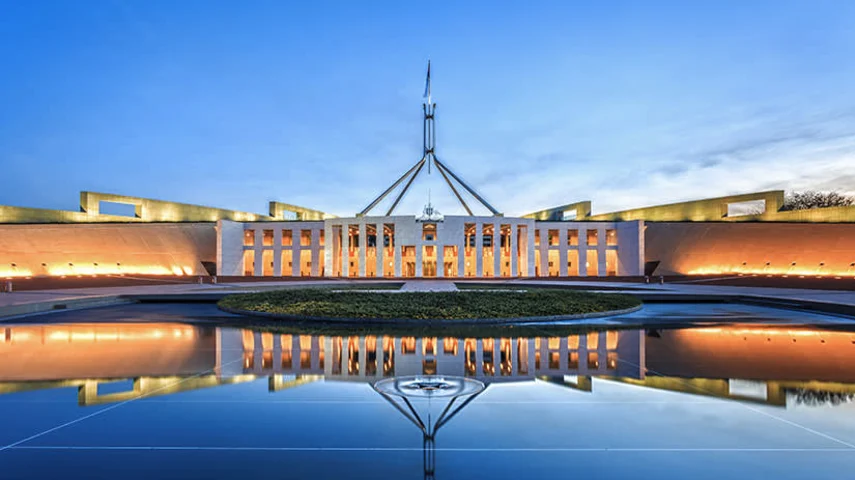Government must fast-track mandatory service standards in super: SMC



Introducing reforms for strengthening simpler and faster claims handling and better servicing for First Nations members are critical priorities, according to the Super Members Council.
The Super Members Council (SMC) has expressed strong support for mandatory service standards for super funds in response to Treasury’s plans to develop mandatory service standards in super.
The super industry body has urged the Australian government to fast-track its work in this area in the interests of millions of Australians.
SMC has outlined a set of policy and design principles to assist the government in developing a mandatory services standard framework for consultation.
It has flagged simpler and faster claims handling and better servicing for First Nations members as priorities for reforming service standards.
In order to improve the speed of claims handling, SMC has advocated the digitisation of binding death nominations, introducing legislation that recognises kinship relationships, integrating state-based ID cards into national digital verification systems, and standardising cause of death information across jurisdictions.
SMC noted that the payment of super death benefits is typically significantly faster when a binding death nomination has been made.
However, current legal requirements require binding nominations to be made with a hard copy form and wet ink signatures.
“The Australian Government should urgently change the SIS Act to enable binding death nominations to be made digitally,” SMC said.
“This would vastly speed payment times and cut out time-consuming processes with multiple people seeking to claim someone’s super.”
Changes in the law to recognise kinship relationships would help reduce longer time frames for super payouts in First Nations communities, SMC explained.
The legislation currently does not recognise these relationships, which means a spouse or child by kinship can find it significantly harder to claim death benefits.
“The Australian Government should change the SIS Act to enable kinship relationships to be recognised as super beneficiaries, and the regulators should develop and issue guidance on how super fund trustees should confirm kinship to make a payout,” said SMC.
SMC has also urged the government to swiftly update its requirements for national digital verification systems to include state and territory-based ID cards.
“This would streamline identity checks and accelerate payments,” it said.
Standardising cause of death information across jurisdictions would also help reduce administrative delays.
“Currently a cause of death is not listed on all death certificates issued by State and Territory authorities,” SMC explained.
“Where the cause of death is not listed on the certificate, it can lead to delays and force grieving relatives to chase additional written confirmation from the authorities. The Australian Government should lead a push to standardise this information across all States and Territories – and include it as a priority reform for the Standing Committee of Attorneys-General.”
SMC noted that there has already been a considerable uplift in service standards by the super sector over the past year.
“Profit-to-member super funds have made major investments to improve service and reduce complaints,” it said.
“This includes increasing dedicated resources, updating systems, streamlining processes, adopting new regulatory guidance, and in some cases moving previously outsourced customer service tasks in-house.”
SMC noted that AFCA’s cases are moving previously outsourced customer service tasks in-house. In a clear sign of progress, AFCA’s preliminary complaints data for 2024–25 indicates a 38 per cent drop in complaints related to delays in processing claims for insured benefits.
“This trend is very welcome – but there is more to do,” it said.
“Building on this momentum, the mandatory service standards will drive further uplift in member service and communication, accelerate efforts to improve processes and timeframes, and strengthen public trust and confidence in the super system by setting a common framework that funds can develop to suit their diverse memberships and approaches.”
SMC said it wants to see the mandatory service standards finalised and implemented swiftly, to build on the strong uplift in member service over recent years.
Recommended for you
The Gateway Network Governance Body has unveiled a detailed roadmap to guide the superannuation industry through the upcoming Payday Super reforms.
CPA Australia urges the ATO to extend compliance support for small businesses facing major system changes ahead of Payday Super reforms.
Superannuation funds ramp up collective efforts to counter rising cybercrime, updating standards and sharing intelligence across the industry.
The regulator has fined two super funds for misleading sustainability and investment claims, citing ongoing efforts to curb greenwashing across the sector.









